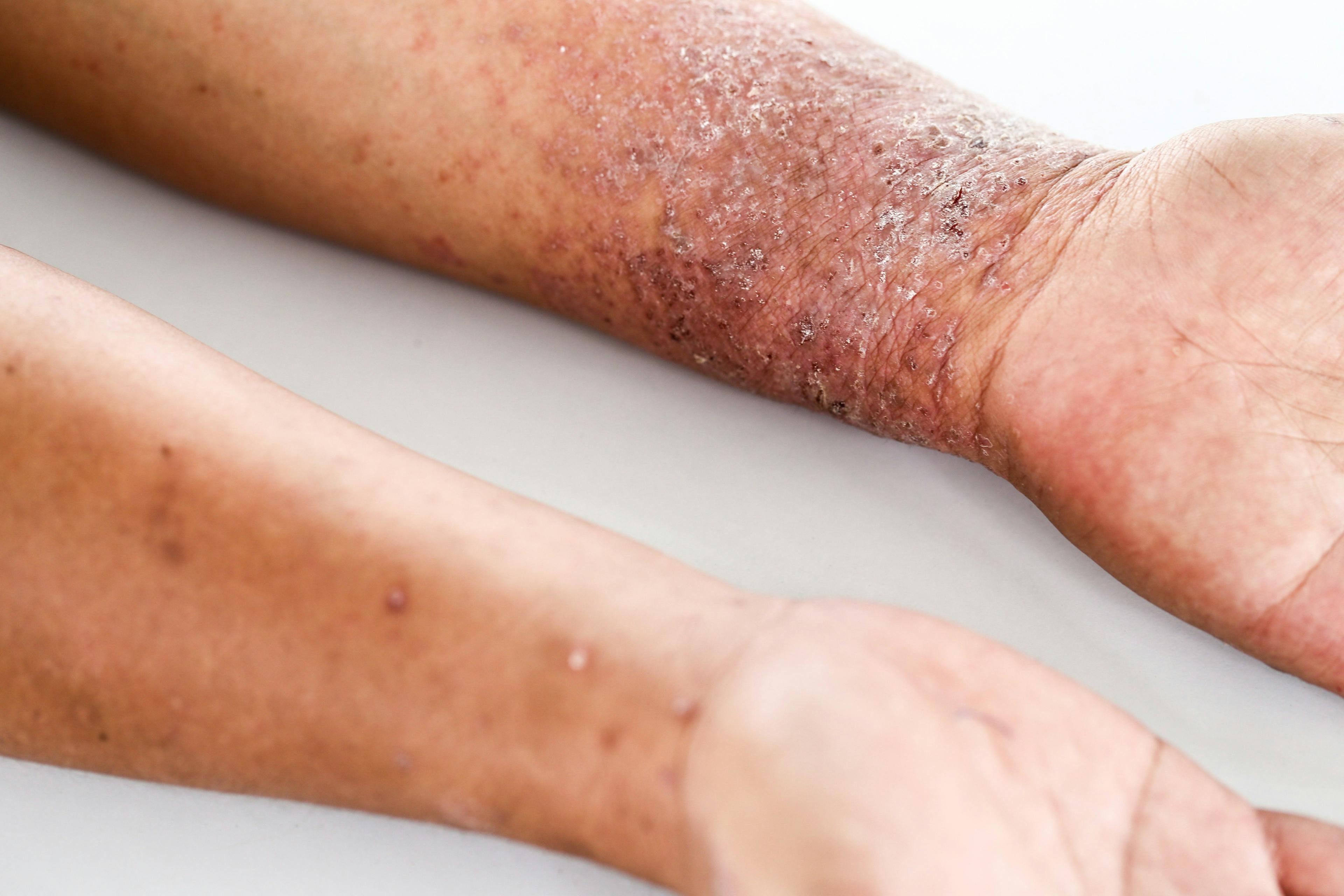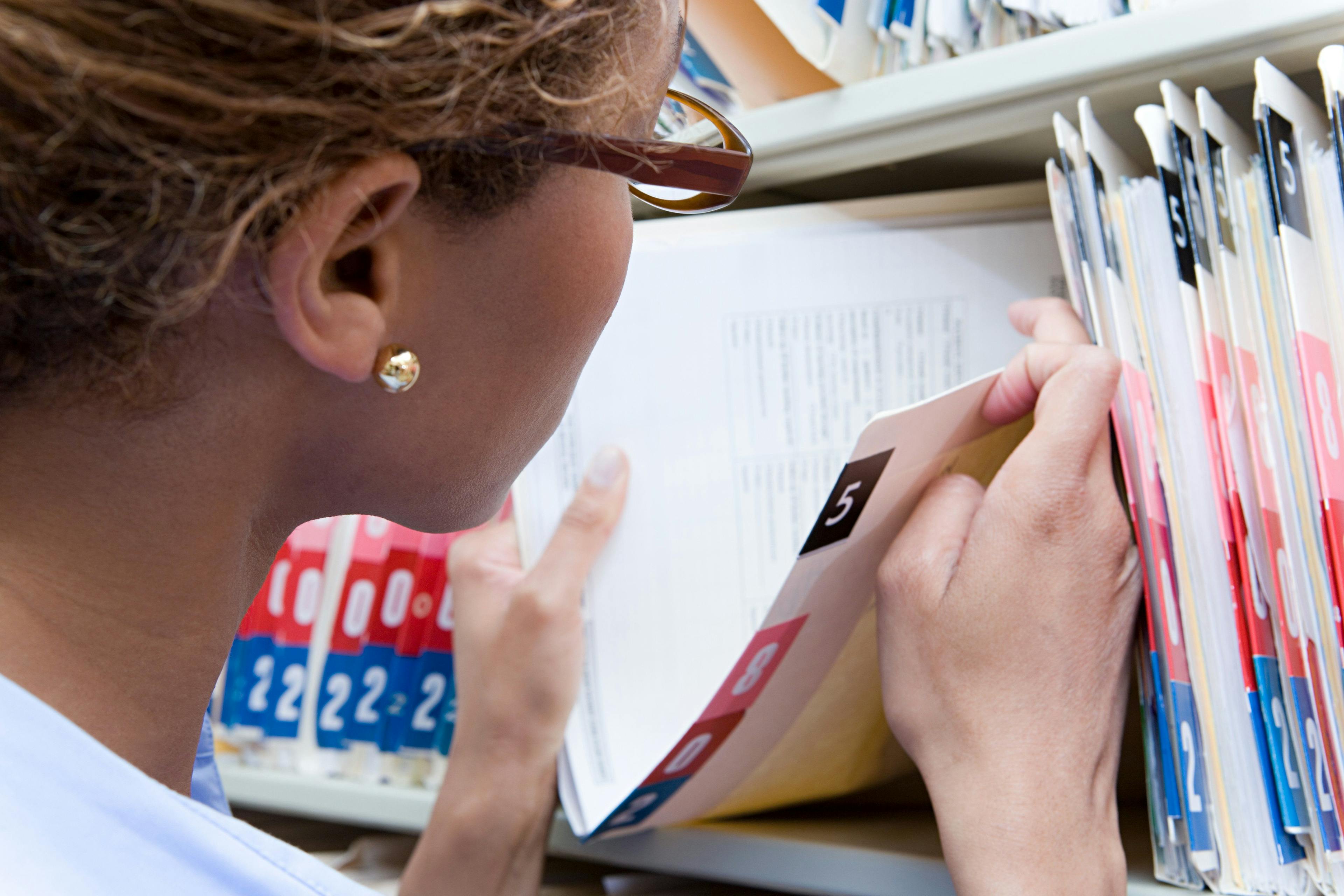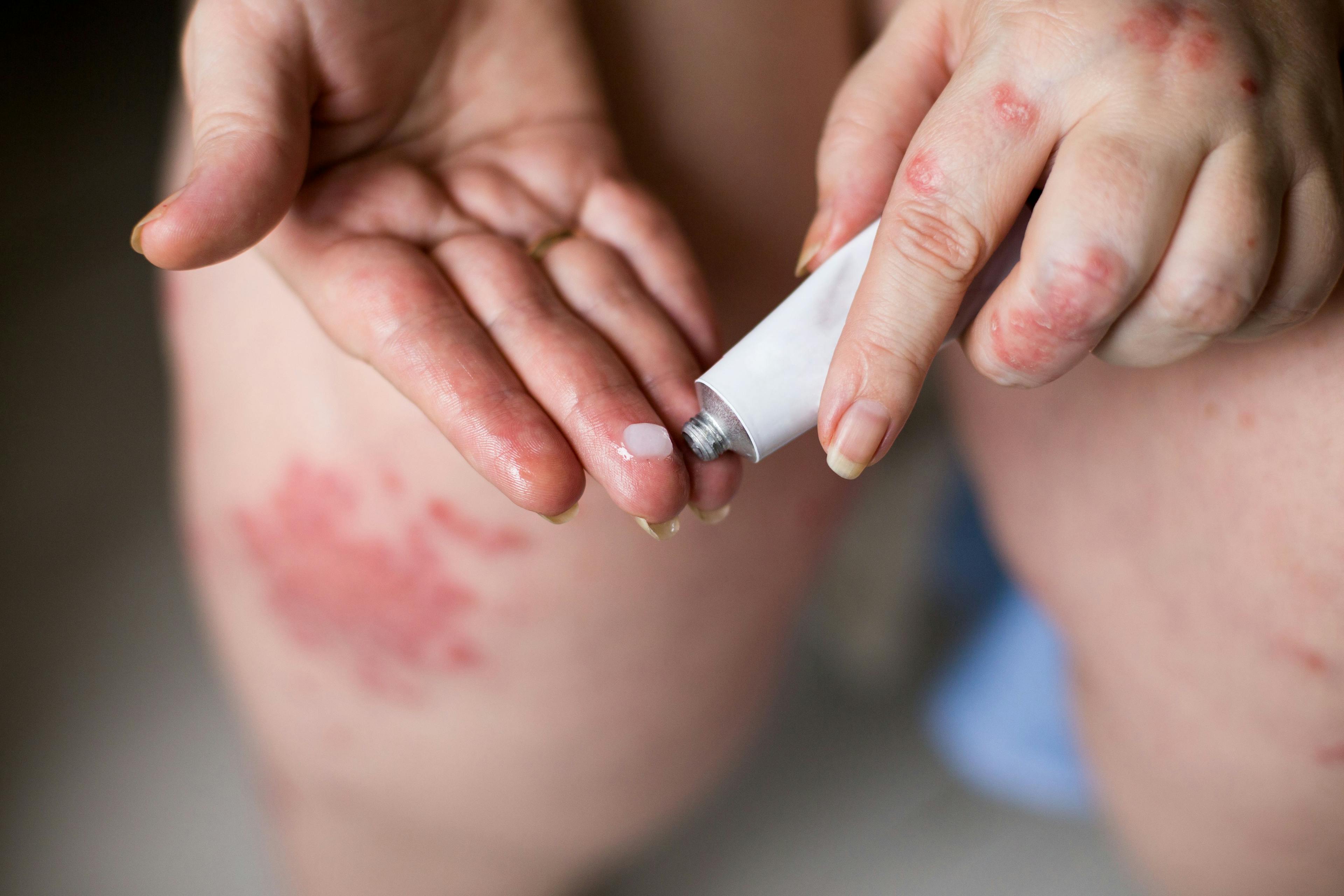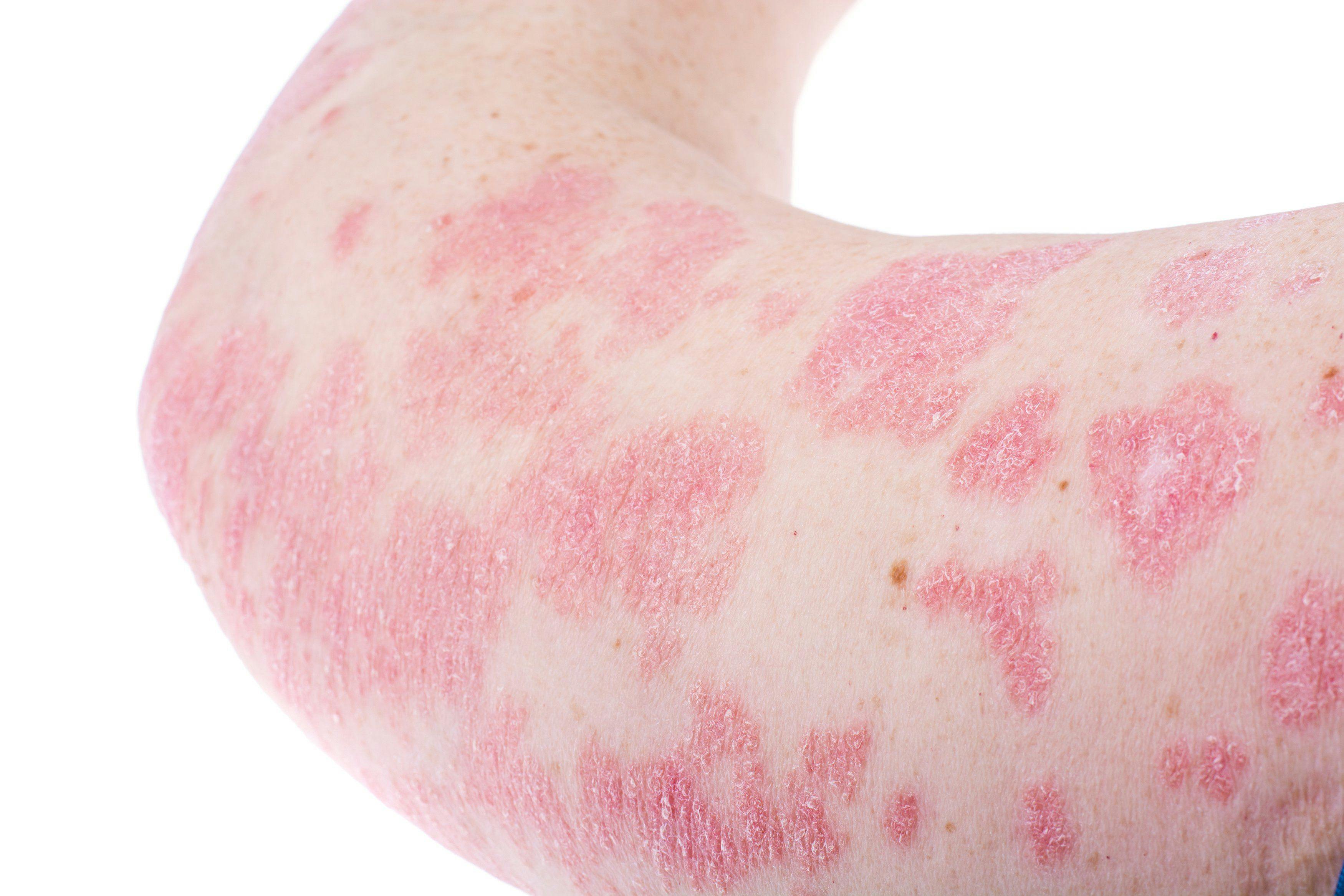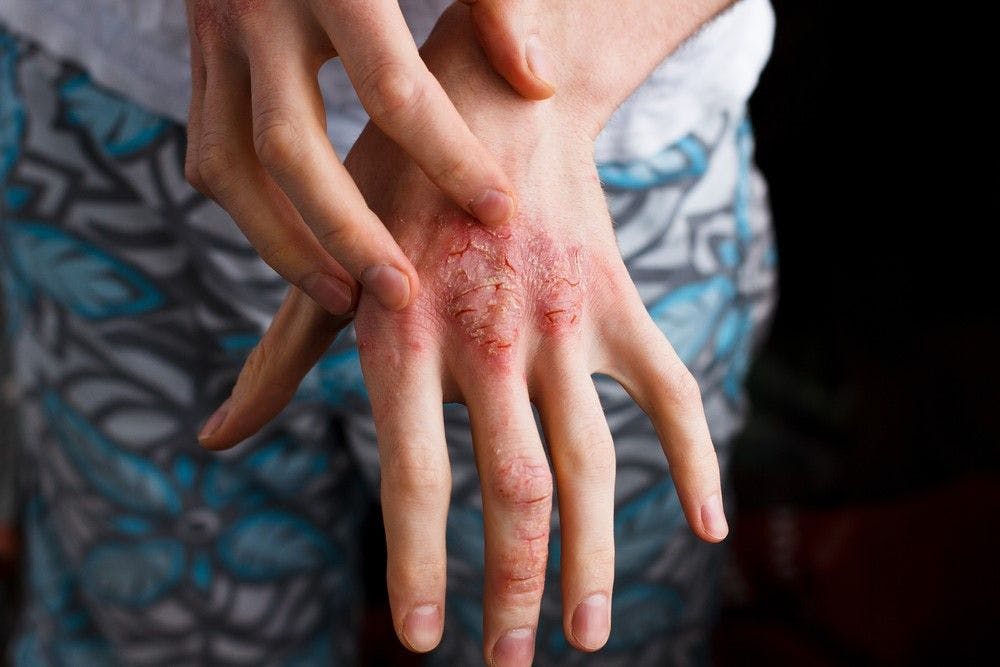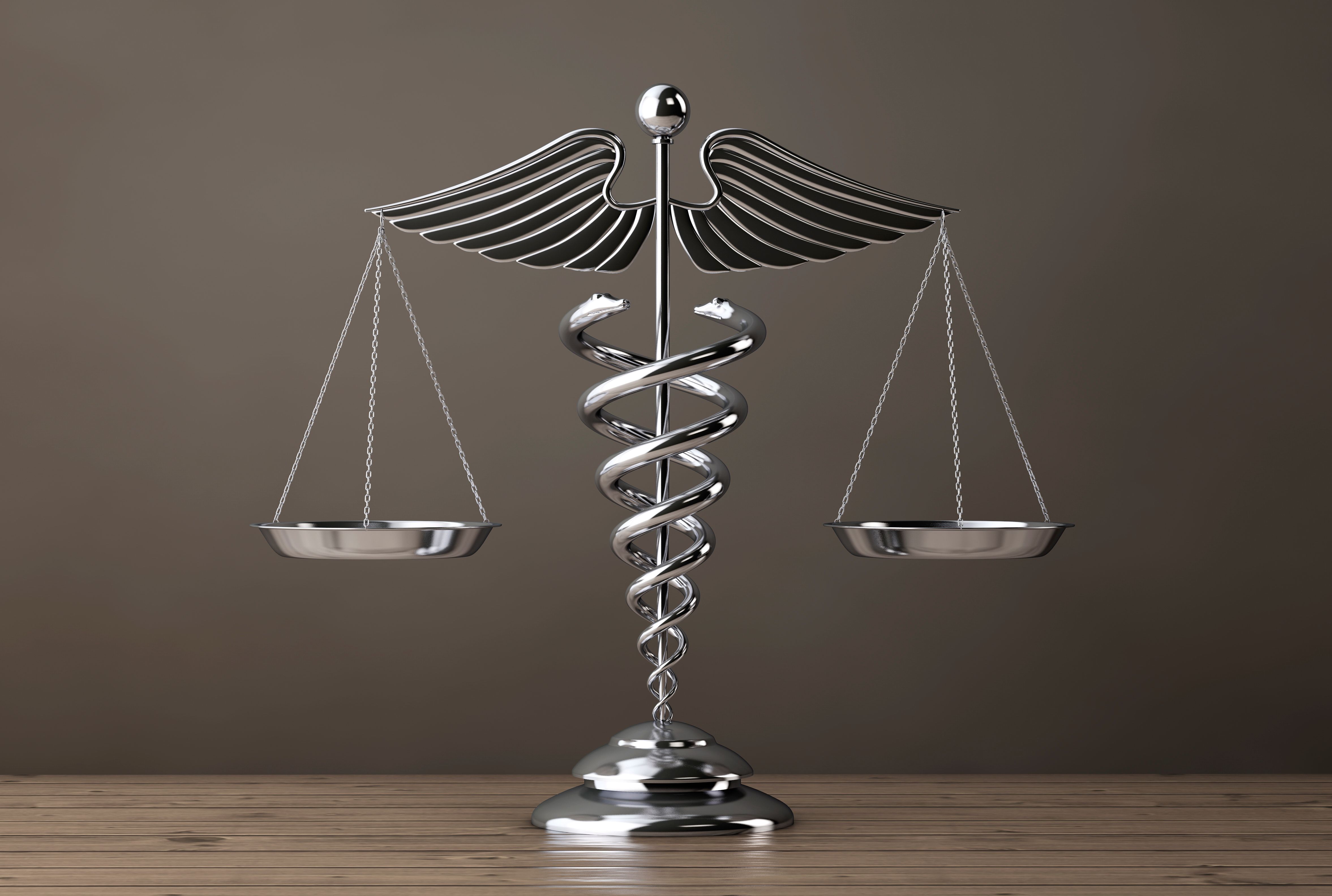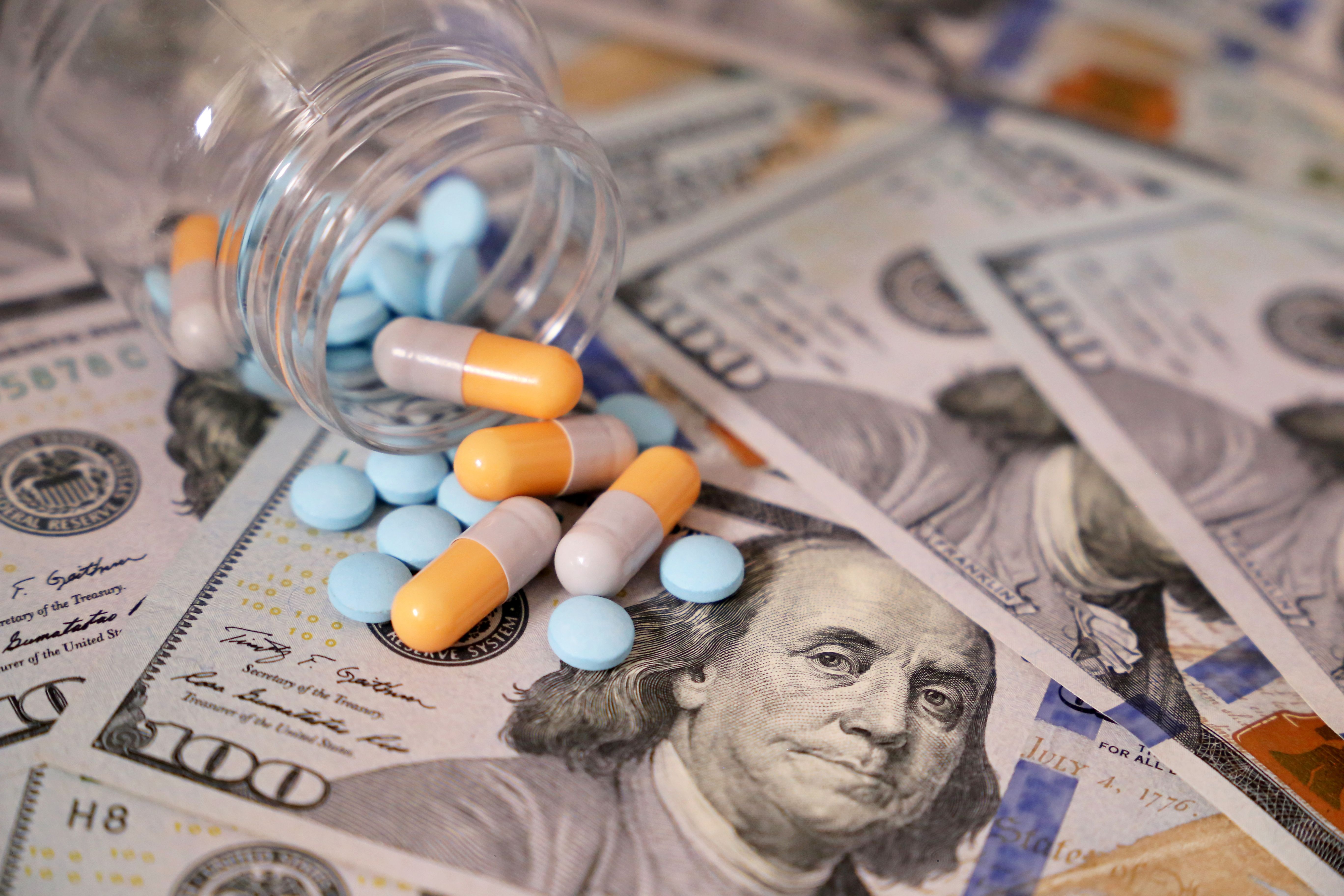- Acne
- Actinic Keratosis
- Aesthetics
- Alopecia
- Atopic Dermatitis
- Buy-and-Bill
- COVID-19
- Case-Based Roundtable
- Chronic Hand Eczema
- Chronic Spontaneous Urticaria
- Drug Watch
- Eczema
- General Dermatology
- Hidradenitis Suppurativa
- Melasma
- NP and PA
- Pediatric Dermatology
- Pigmentary Disorders
- Practice Management
- Precision Medicine and Biologics
- Prurigo Nodularis
- Psoriasis
- Psoriatic Arthritis
- Rare Disease
- Rosacea
- Skin Cancer
- Vitiligo
- Wound Care
Publication
Article
Dermatology Times
Giving curbside consults can increase liability risk
Author(s):
Can I lose my license for giving a curbside consult? Dr. David J. Goldberg covers this issue in this month's Legal Eagle column.
Can I lose my license for giving a curbside consult? Dr. David J. Goldberg covers this issue in this month's Legal Eagle column. (bernardobodo - stock.adobe.com)

Dr. Goldberg
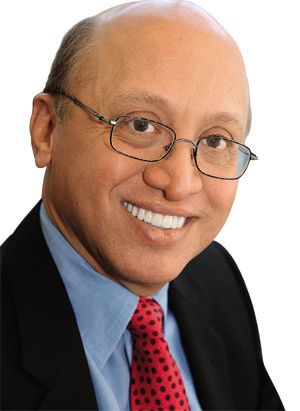
Dr. Drug has a thriving dermatology practice. He is well respected in his small community, and over his 30 years in practice has befriended many patients. He and his patients have been to many social events together. He has seen these patients in the office, but also has given curbside consults at diners and bars. Two years ago, he met with friends at a local pub. One had a very painful episode of herpes zoster. Dr. Drug gave him a prescription for antiviral agents. He also had some narcotic pain killers in his bag, which he sold to the patient for $100. The waitress, overhearing the conversation called the local police who immediately arrested Dr. Drug for selling narcotics. Is he at risk for losing his license because of a felony?
A recent case of the Maryland Board of Medicine weighed whether it was unprofessional to write a prescription for a patient at a restaurant or bar.
In this case, the defendant physician met with a patient at a local restaurant parking lot and wrote a prescription for 100 tablets of an opioid pain reliever. The physician had not taken a history or conducted a physical examination. He also did not document the prescription in his medical records.
A restaurant employee witnessed the event and contacted local law enforcement. The physician was questioned and admitted to writing prescriptions for this patient and others in restaurant parking lots in exchange for $100 per prescription. When asked why he would prescribe in a parking lot rather than in his office, the physician explained that the patient wanted to buy him a beer, so they went to the local restaurant where he wrote the prescription.
The Maryland Board of Medicine disciplined the physician for unprofessionalism. The physician argued there was no legal basis to their finding of unprofessional conduct. He stated that there no statutory provision, no regulation, and no American Medical Association Ethics Opinion specifically prohibiting prescribing outside of an office setting.
On appeal, an administrative law court found that the physician’s practice of prescribing and selling opioid prescriptions in parking lots constituted unprofessional conduct in the practice of medicine.
Seeing patients in public greatly reduces the privacy needed to ensure patient confidentiality, the court opined. Nearby individuals can overhear details regarding the patient’s medical history, medications, and treatment options. It is also not possible for the physician to conduct a thorough physical examination. The option to perform a thorough medical examination must be available when prescribing opioids.
“Writing prescriptions in exchange for cash in public is a flagrant abandonment of professionalism. This is especially disturbing when the drugs prescribed possess such a high risk for diversion and abuse, such as opioids and benzodiazepines,” the Court wrote. “Selling prescriptions in a public space endangers the public, breaches patient confidentiality, and diminishes the standing of the medical profession in the eyes of the members of the general public.”
How does this relate to Dr. Drug or any dermatologist that sees a patient in a social setting and writes prescriptions for that patient?
Unfortunately, the definition of unprofessionalism is not clear.
Imagine a friend with whom a dermatologist has no previously established doctor-patient relationship mentions particular symptoms. The dermatologist performs a basic exam in public, makes a diagnosis, writes a prescription, and documents this in the patient’s medical record. Or a dermatologist strikes up conversation with a stranger who upon learning the dermatologist’s profession, mentions symptoms. The dermatologist writes a prescription, tells the person to follow up with his physician, and documents this in the medical record.
Are these scenarios unprofessional? There is no simple answer to Dr. Drug’s situation.
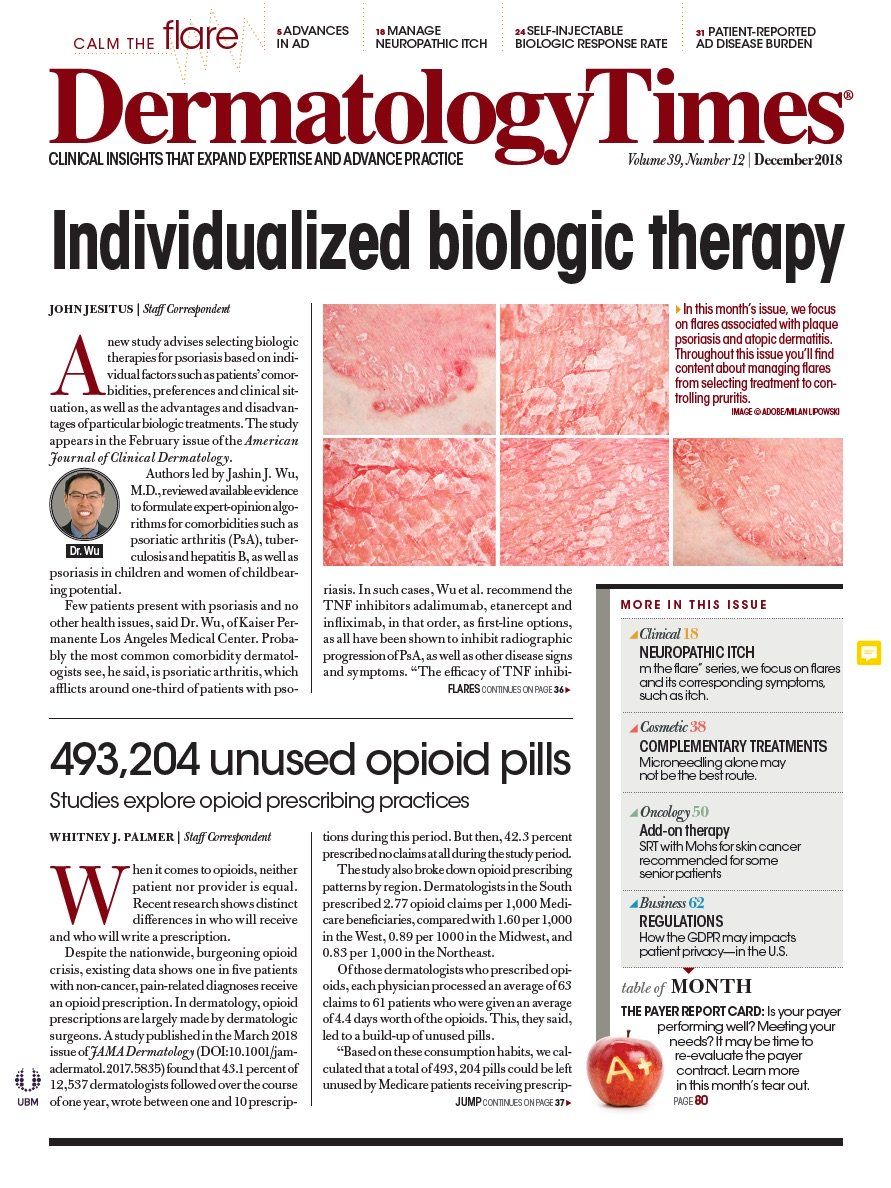
Newsletter
Like what you’re reading? Subscribe to Dermatology Times for weekly updates on therapies, innovations, and real-world practice tips.


